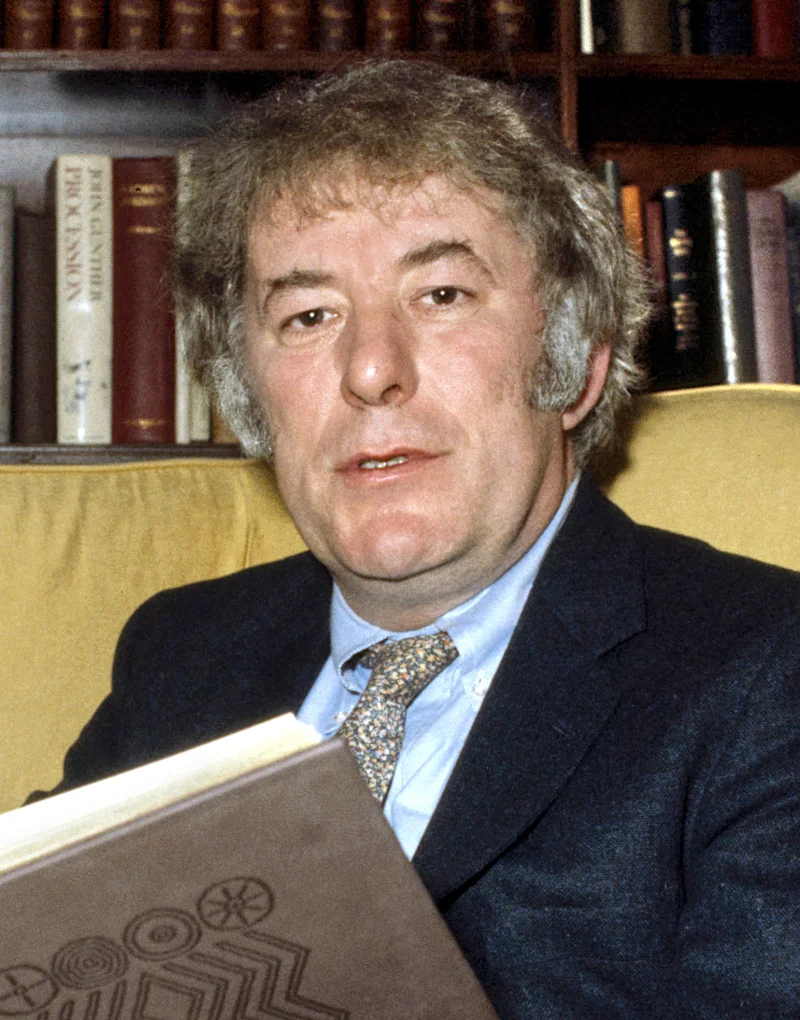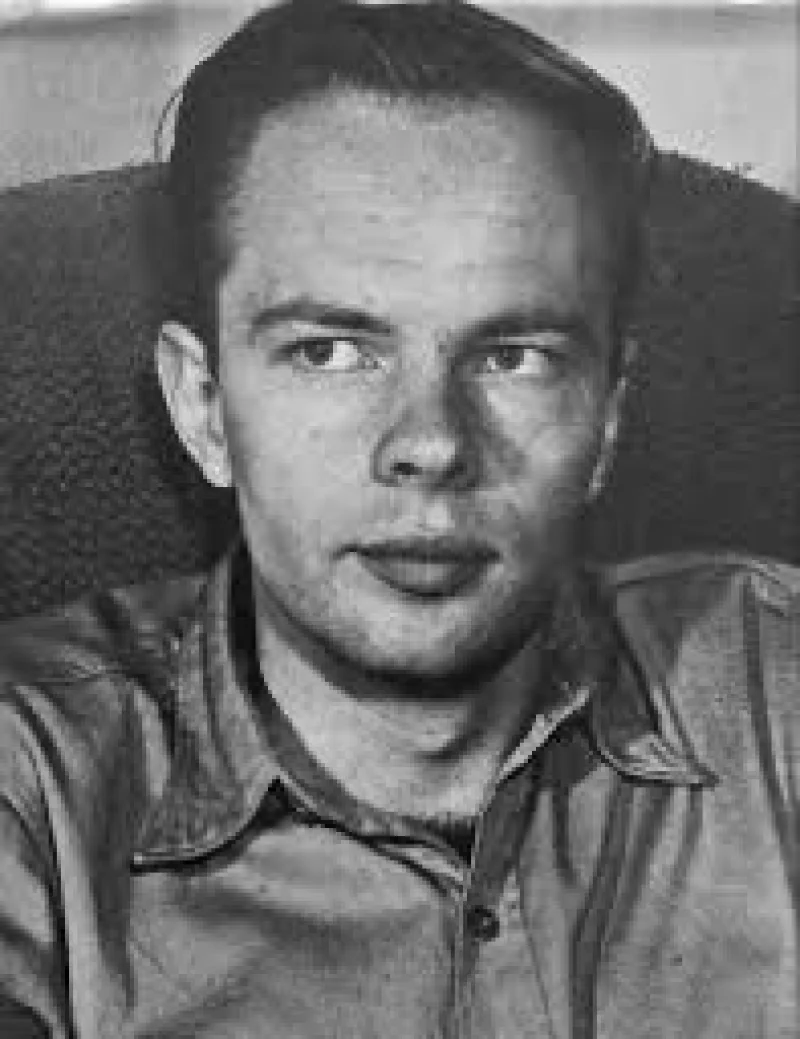Short Summary
Seamus Heaney was a renowned Irish poet, playwright, and translator, widely celebrated for his profound contributions to literature. Born in 1939 and passing away in 2013, he was awarded the Nobel Prize in Literature in 1995 for his evocative works that explored themes of identity, nature, and history. Heaney's mastery of language and his ability to weave personal and political narratives made him one of the most significant poets of the 20th century.
Early Life & Education
Born on April 13, 1939, in County Derry, Northern Ireland, Seamus Heaney was the eldest of nine children in a Catholic farming family. His early life on the family farm, Mossbawn, profoundly influenced his poetic voice, as the natural landscape and rural life became recurring themes in his work. Heaney attended St. Columb's College in Derry, where he excelled academically, before enrolling at Queen's University Belfast. There, he studied English language and literature, which further honed his literary skills and exposed him to a community of writers who shaped his early career.
Career Highlights
Heaney published his first major collection of poems, "Death of a Naturalist," in 1966, which garnered critical acclaim and established him as a significant new voice in poetry. Over the ensuing decades, he released numerous collections, including "North" (1975) and "Field Work" (1979), each reflecting his deep engagement with Irish history and personal experience. Heaney also held academic positions at several prestigious institutions, including Harvard University and Oxford University, where he served as Professor of Poetry. His translations, such as that of "Beowulf," were widely praised for their accessibility and insight.
Major Achievements
- Won the Nobel Prize in Literature in 1995 for his lyrical writing that conveyed the beauty and complexity of human experience.
- Published "Death of a Naturalist" in 1966, marking his emergence as a major poetic voice.
- Produced a highly acclaimed translation of "Beowulf" in 1999, bringing the epic to a contemporary audience.
- Served as Professor of Poetry at Oxford University from 1989 to 1994, influencing a new generation of poets.
Famous Quotes
- "If you have the words, there's always a chance that you'll find the way."
- "The way we are living, timorous or bold, will have been our life."
- "But that moment when the bird sings very close to the music of what happens."
Interesting Facts
- Heaney was known as "Famous Seamus" in his native Ireland, reflecting his widespread popularity.
- He was the first of his family to attend university, breaking a tradition of farming.
- Heaney maintained a lifelong friendship with fellow poet Ted Hughes, despite political and cultural differences.
- His works are often included in the curricula of English literature courses worldwide.
Legacy / Influence
Seamus Heaney's legacy is evident in his profound impact on contemporary poetry and the cultural landscape of Ireland and beyond. His works continue to be celebrated for their linguistic brilliance and emotional depth, influencing countless poets and writers. Heaney's ability to bridge the personal and political, while maintaining universal appeal, ensures that his voice will resonate with readers for generations to come.
FAQ
Q: Why is Seamus Heaney famous?
A: He is famous for his influential poetry that explores themes of identity, nature, and history, and for winning the Nobel Prize in Literature in 1995.
Q: What is one of Heaney's most celebrated works?
A: "Death of a Naturalist," his first major poetry collection, is one of his most celebrated works.
Q: Did Heaney write only poetry?
A: No, he also wrote plays, essays, and translated works such as "Beowulf."












